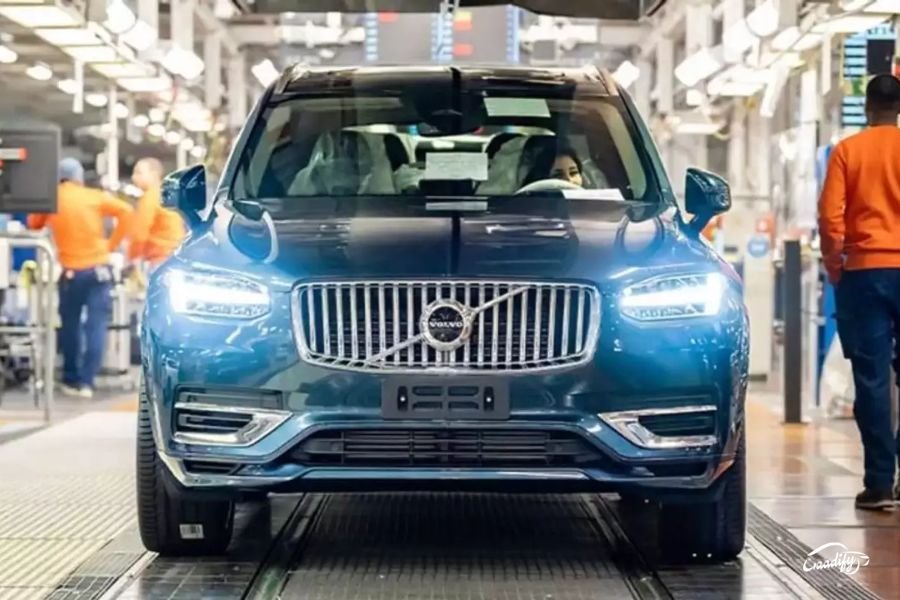Volvo’s announcement at Climate Week NYC last September has now materialized into reality. The iconic brand has bid farewell to diesel cars with the production of its final diesel vehicle. In early February, Volvo’s Ghent plant in Belgium crafted its last diesel-powered car, a V60. Following suit, the Torslanda plant in Sweden recently witnessed the completion of its final XC90 diesel car.
- These significant events mark a pivotal moment in Volvo’s nearly century-long history.
- By discontinuing diesel production, Volvo takes a decisive stride towards its ambitious goals of transitioning to a fully electric car manufacturer and achieving net-zero greenhouse gas emissions by 2040.
- Just half a decade ago, diesel engines dominated Volvo’s European lineup. Fast-forward to today, electric vehicles constitute the majority of Volvo’s sales in Europe. Last year, the company saw a notable surge in fully electric car sales by 70%, capturing a 34% global market share in electric vehicles.

With an eye firmly set on an electric future, Volvo envisions a diversified portfolio comprising plug-in hybrid and mild-hybrid models alongside fully electric cars. This shift is evident even in Volvo’s India lineup, where the brand has exclusively offered petrol-only models for nearly three years. As the automotive industry embraces the electric revolution, Volvo remains at the forefront, driving change towards a greener, more sustainable future.
Also Check: –








